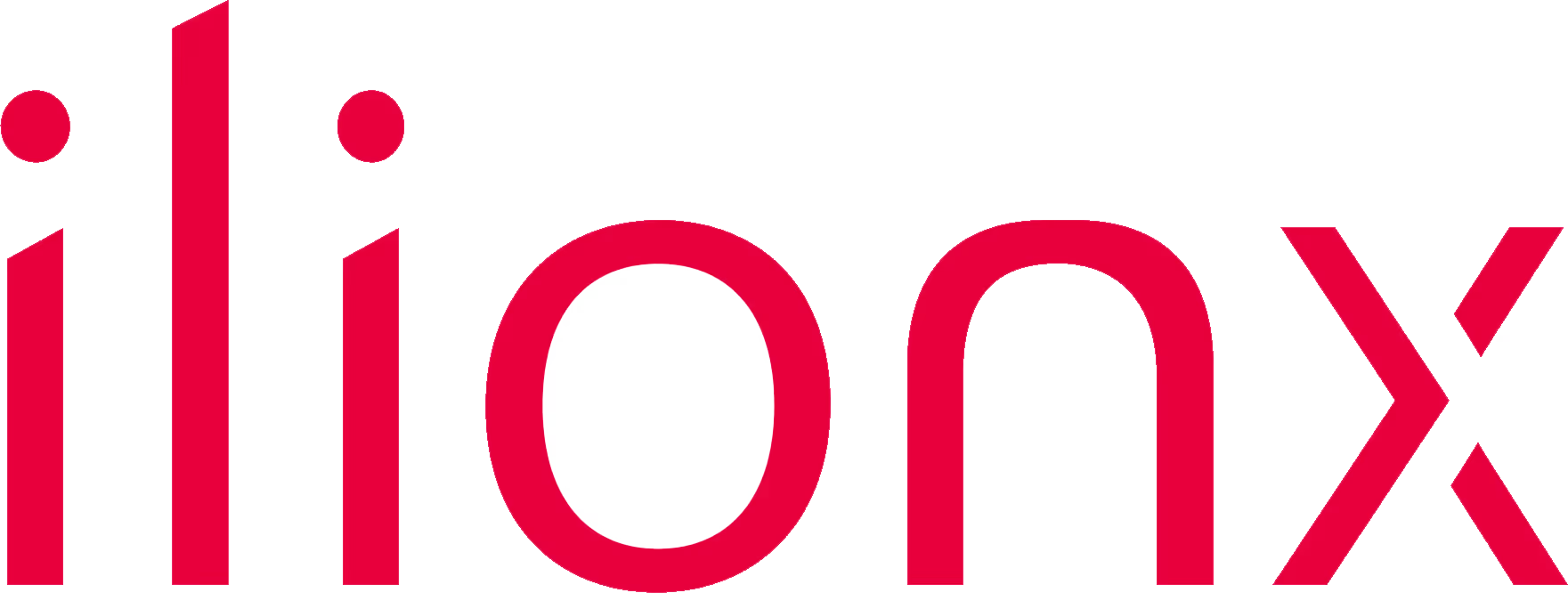Koton
On-Prem Kubernetes Made Easy for Retail IT Teams

Business overview
Koton is a large Turkish fashion retailer operates over 500 stores worldwide. With a 100-person IT team, including 25 software developers, it embarked on a journey to modernize its on-premises infrastructure using Kubernetes, aiming to streamline deployments and upskill its teams without incurring steep licensing or training costs.
The challenge
While recognizing Kubernetes as a key future technology, the team faced several obstacles:
- Low internal expertise: most staff had little to no experience with Kubernetes and YAML
- On-prem complexity: deploying and managing Kubernetes clusters without the right tooling was daunting
- Overhead and cost: enterprise solutions like OpenShift were too expensive and complex at this stage
- Resource limitations: they needed a solution that balanced usability, governance, and support, without large upfront investment
The real-world impact of smarter container management.
The solution
They selected Portainer for its simplicity, affordability, and powerful feature set:
- Quick and intuitive setup – the team, led by their Associate Director, deployed Portainer on-prem easily, citing an intuitive GUI with just the needed features
- Cost-effective licensing – Portainer’s per-node pricing model provided clear value without bloated cost
- Security and governance built-in – access control, audit logs, and scoped permissions allowed safe, compliant operations at scale
- Support for future growth – native GitOps engine paved the way for automated deployments and self-service workflows
Key results:
- Developers now deploy containerized apps quickly via GUI, with no YAML expertise required
- Deployment velocity increased substantially, enabling production-ready services to roll out fast
- The team expects to scale from initial apps to hundreds of containerized workloads in the coming months
- With reduced operational friction and strong documentation support, they’re building confidence and resilience in managing on-prem Kubernetes
This transformation empowered the retailer’s IT team to embrace containerization confidently, without heavy training or cost, laying a strong foundation for strategic scalability and operational efficiency.
"We picked Portainer over OpenShift because it was really easy to set up and use. It contains all the features we need and few that we don’t. The GUI is intuitive and the team has found it easy to integrate into their workflows. Compared to other products in the market, Portainer represents great value for money, particularly given the quality of support we’ve received.”
"With Portainer, deployment time has decreased significantly. It takes very little time for developers to publish the apps into our production environment using the GUI. We plan to move to an automated GitOps-based deployment model in due course, which is another reason for selecting Portainer as it has a GitOps engine already integrated into the platform”.
Download a PDF version of the case study.
"With Portainer, deployment time has decreased significantly. It takes very little time for developers to publish the apps into our production environment using the GUI”.













.avif)

.avif)

.avif)


